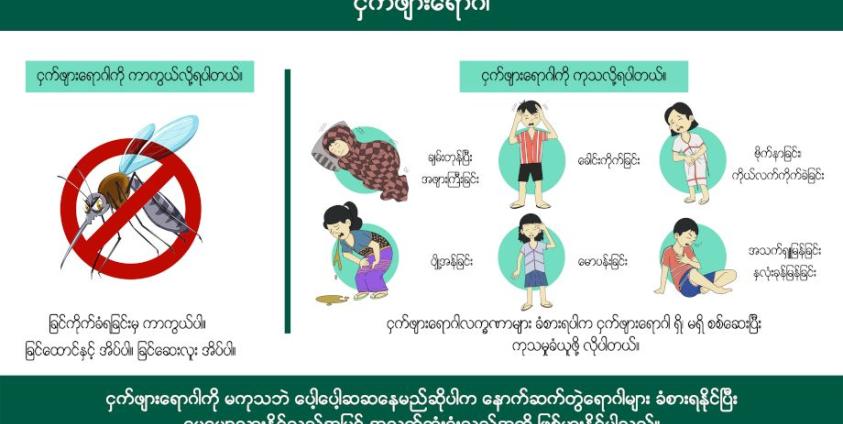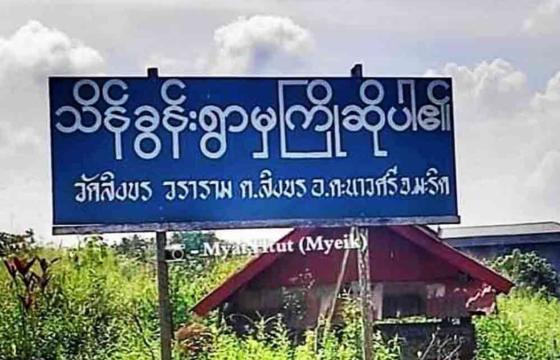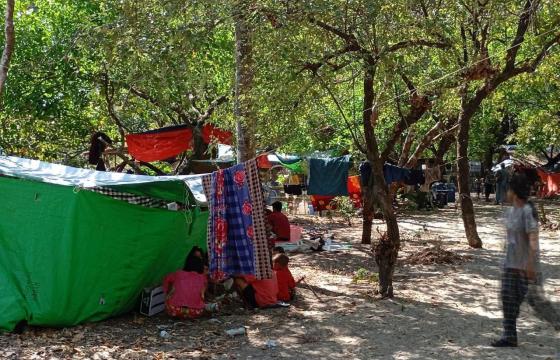Two people, one a child, died from malaria in Palaw Township, Tanintharyi Region during March 2025 as the distribution of anti-malarial medicine has worsened following cuts to US aid.
Palaw Township is an area mainly under control of the Karen National Union (KNU), which carries out healthcare in the area.
According to a woman working for the KNU's Kawthoolei Department of Health and Welfare (KDHW) who spoke to KIC, a 30-year-old woman and an infant died in Palaw District after malaria spread to their brains.
She said: “Malaria cases are rising here, with both PF [Plasmodium falciparum] and PV [Plasmodium vivax] strains spreading. We're also facing a decline in antimalarial drugs, and getting them is becoming more difficult due to challenges with transportation routes. Once the roads open, I hope the delivery of these drugs will be prioritised.”
Though there are still sufficient antimalarial drugs and medical equipment, logistical difficulties have become more apparent since aid from the US was suspended, according to Padoh Saw Diamond Khin, a KDHW official.
Referring to the area in which Palaw Town is located by its unofficial KNU name of Myeik-Dawei DIstrict, Padoh Saw Diamond Khin said: “Myeik-Dawei District is a large area, and traveling from one place to another takes a lot of time and effort. Even when medicines arrive, there's no funding to support the logistics of getting them where they're needed. In other words, logistics aren't as reliable as they were when aid was still flowing in. If the medicines reach affected areas too late, there's a real risk that malaria transmission will spread even more aggressively.”
Normally, antimalarial drugs and medical equipment are delivered to areas of need in the KNU’s Myeik-Dawei District, such as Palaw Township, every three months, except during the wet season when they are only delivered once in six months, according to KDHW.
According to KDHW data, 1,967 people were tested for malaria in the KNU’s Myeik-Dawei District during February and March 2025. Of those, 537 tested positive, 484 with the PV strain and 53 with the PF strain.
Malaria outbreaks are also happening in other areas mainly controlled by the KNU. A shortage of mosquito nets and limited access to clean drinking water, particularly among internally displaced persons (IDPs) living in makeshift shelters in forested areas have also contributed to an increase in the number of malaria cases.
In areas mainly controlled by the KNU the American Refugee Committee (ARC) and other non-governmental organisations (NGOs) had been actively implementing antimalarial projects, such as distributing insecticide-treated mosquito nets and providing health education, with support from the United States Agency for International Development (USAID).
But, following the heavy cuts to US Aid by US President Trump, the flow of aid to these projects and the work they can achieve has been significantly reduced.








